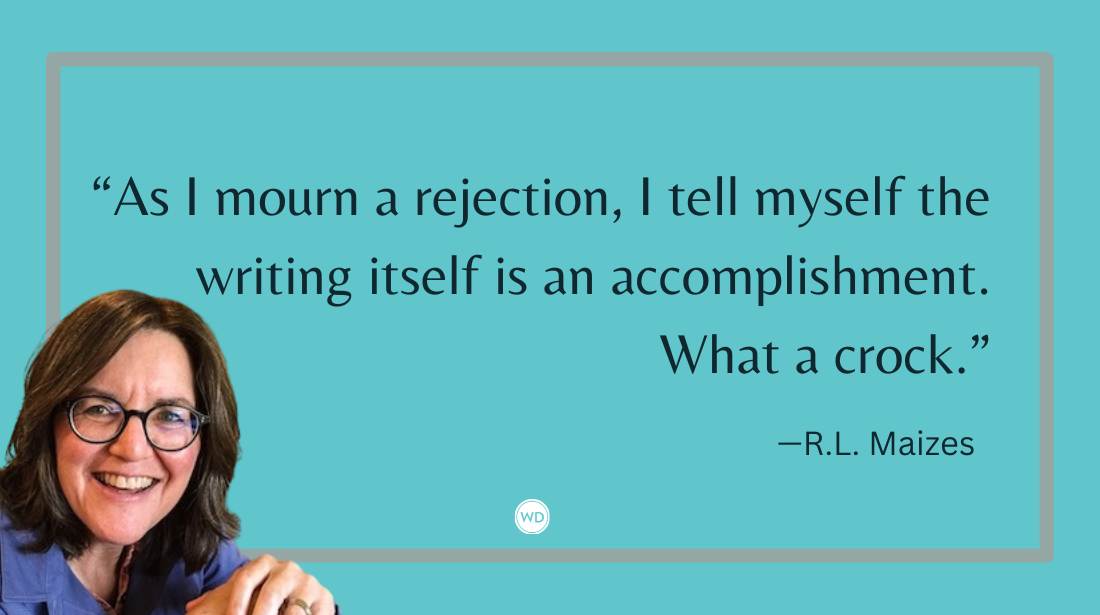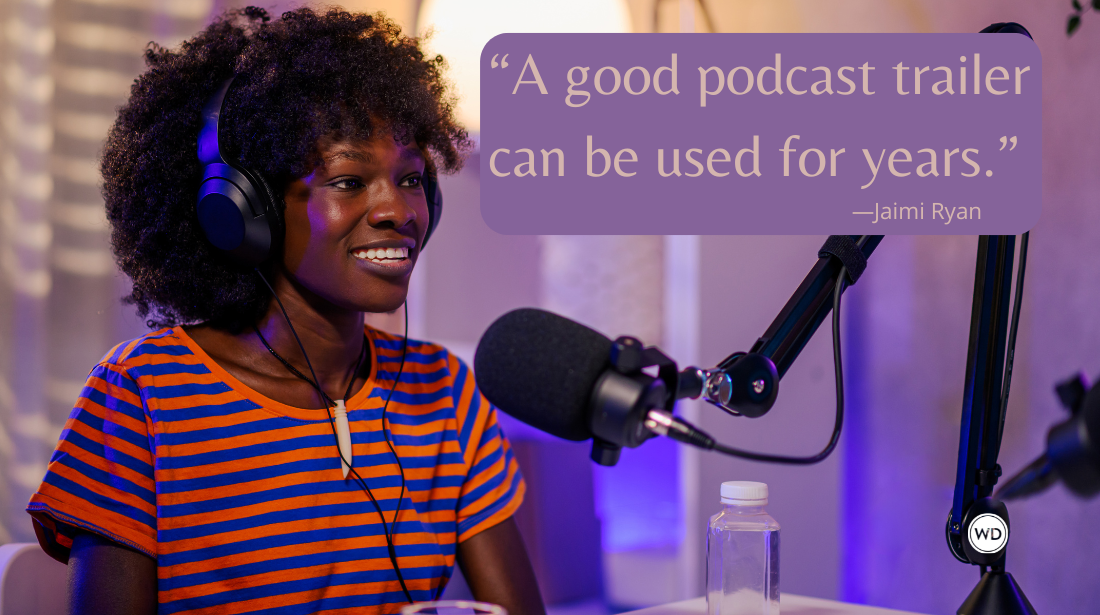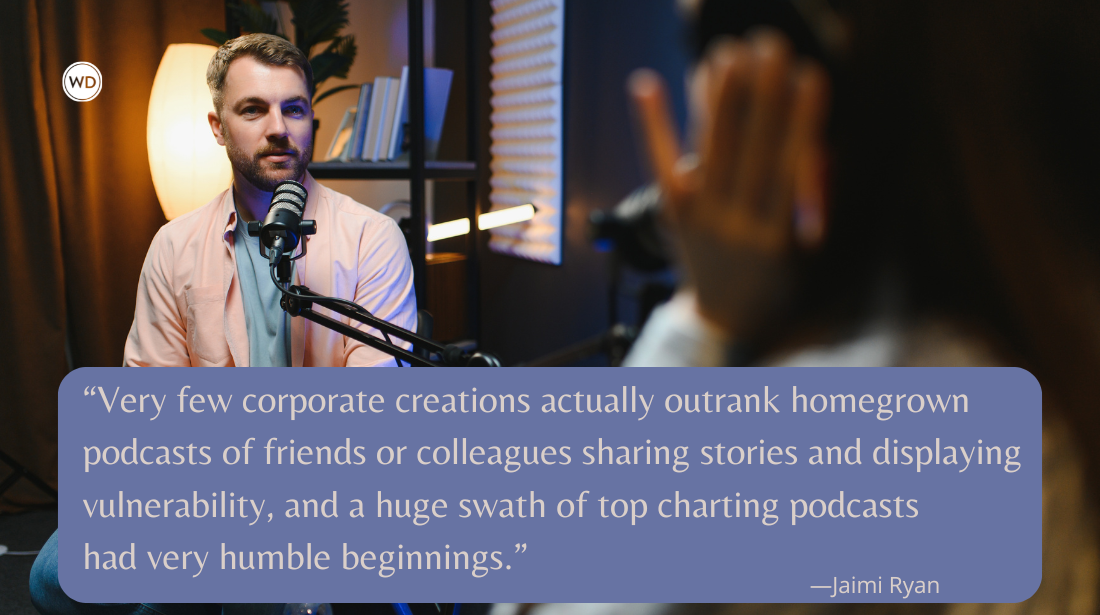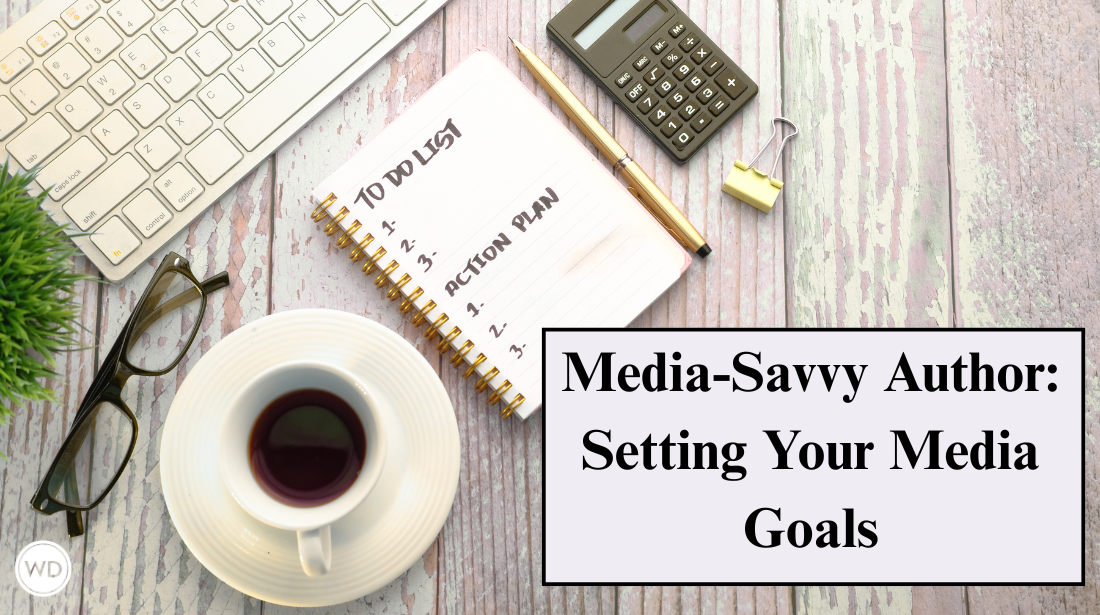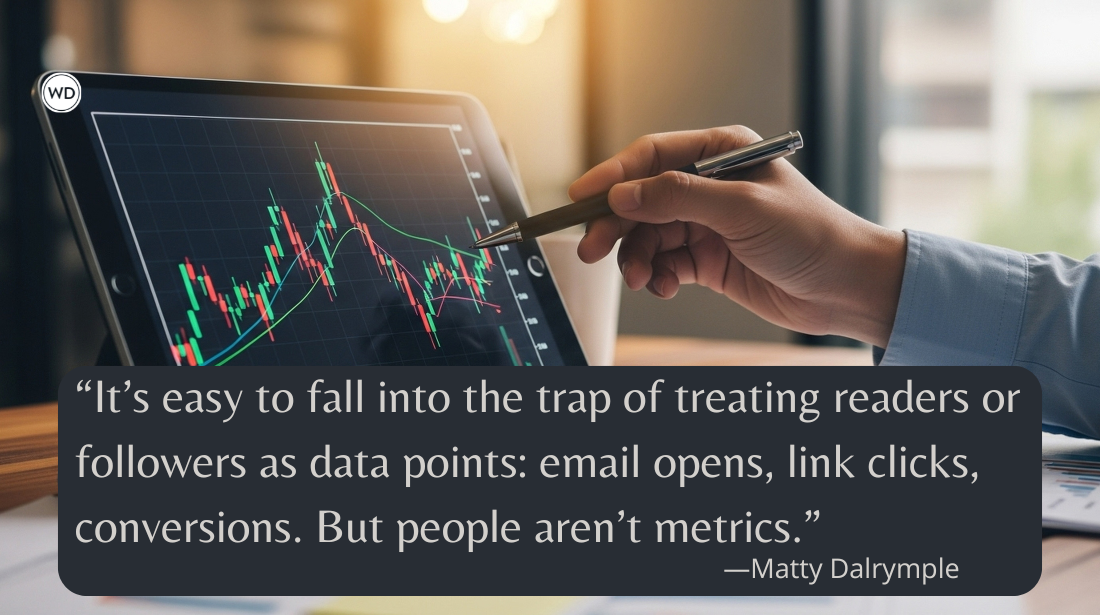Back to Basics: Do I Need to Write a Book Proposal?
Book proposals are used to sell nonfiction book ideas. Instead of writing the entire book—then trying to find a publisher or agent (which is how it works with novels)—you write…
Book proposals are used to sell nonfiction book ideas.
Instead of writing the entire book—then trying to find a publisher or agent (which is how it works with novels)—you write the proposal first, which convinces the editor or agent to contract you to write the book.
Book proposals aren't something you dash off in a day or two. They can easily take weeks or months to write if properly developed and researched. A proposal can easily reach 50 pages, even 100 for complex projects. (Click here to download a handout describing what goes into a proposal.)
New writers might find it easier to simply write the book first, then prepare a proposal—which isn't such a bad idea, since many editors and agents want assurance that an unknown writer can produce an entire book before they commit. (But having the manuscript complete does not negate the need for the proposal!)
That said, drafting a proposal first (even sketching it) can give you a better idea of what your book needs to include to make it stand apart from competing titles.
There is no "right way" to prepare a book proposal, just as there is no right way to write a book. Proposals very in length, content, approach, and presentation. Each book requires a unique argument for its existence (or a business case), and thus requires a unique proposal. For example, a coffee table book on dogs would be pitched very differently than a scholarly tome on presidents, or an expose on a celebrity.
What does a book proposal accomplish?
A book proposal argues why your book (idea) is a salable, marketable product. It is essentially a business case for your book.
How do I submit a book proposal?
Check submission guidelines of the agent or publisher. Sometimes you have to query before sending the proposal; often you can send the book proposal on first contact.
When is a proposal NOT needed?
The easiest answer is: When the agent or editor doesn't require it in their submission guidelines. This can be the case with memoir, where the quality of the writing or manuscript holds more weight than the business case.
Generally speaking: When your book is more about information or a compelling idea, then you're selling it based on the marketability of your expertise, your platform, and your concept—and you need a proposal.
If your book will succeed based on its literary merit (its ability to entertain or tell a story), then it becomes more important to have a completed manuscript that proves your strength as a writer.
How do I know if my memoir is salable or marketable?
It's probably safe to assume that your memoir is not salable unless you're confident of several things.
- Your writing must be outstanding. If your memoir is your very first book or very first writing attempt, then it may not be good enough to pass muster with an editor or agent.
- You must have a compelling and unusual story to tell. If you're writing about situations that affect thousands (or millions) of people, that's not necessarily in your favor. Alzheimer's memoirs or cancer memoirs, for example, are very common, and will put you on the road to rejection unless you're able to prove how yours is unique or outstanding in the field. (Be sure to read my previous post, Your No. 1 Challenge If You're Writing Memoir.)
- You need a platform. If you have a way to reach readers, without a publisher's help, then you're more likely to get a book deal.
For more on memoirs that sell, check out the July/August 2010 issue of Writer's Digest.
Do I have to be an expert to write my nonfiction book?
Usually some level of expertise is necessary to produce a successful nonfiction book, especially for fields such as health, self-help, or parenting, where no one will trust your advice without recognized credentials. Your background must convey authority and instill confidence in the reader. (Would you, as a reader, trust a health book by an author with no experience or degrees?)
Some types of nonfiction, especially narrative nonfiction and memoir, can be written by anyone with proven journalistic or storytelling skills.
Do I need an agent to sell my nonfiction book?
It depends. Consider these factors:
- Are you writing a book that has significant commercial value?
- Do you want to publish with a New York house?
- Do you need the expertise and knowledge of an agent to get your proposal into the right hands?
If the answer to any of these questions is yes, then you should probably look for an agent. Projects that don't necessarily require agents include scholarly works for university presses; regional works likely to be published by regional or independent presses; and works with little commercial value. Tell-tale signs of low commercial value: niche/specialized audience.
What about "novel proposals"?
You may occasionally hear someone refer to novel proposals, which includes a query or cover letter, a synopsis and/or outline, and a partial or complete manuscript—along with any other information the editor or agent requests.
Looking for more insight?
Previous blog posts on this topic:
- A Book Proposal Is Like a Business Plan
- The Golden Rule About Nonfiction Books
- Craft a Salable Nonfiction Hook
- Not All Books Need to Be Well-Written to Sell
Looking for the most comprehensive guide to writing book proposals?
Check out Michael Larsen's How to Write a Book Proposal, the most definitive guide on the topic since the 1980s.
Jane Friedman is a full-time entrepreneur (since 2014) and has 20 years of experience in the publishing industry. She is the co-founder of The Hot Sheet, the essential publishing industry newsletter for authors, and is the former publisher of Writer’s Digest. In addition to being a columnist with Publishers Weekly and a professor with The Great Courses, Jane maintains an award-winning blog for writers at JaneFriedman.com. Jane’s newest book is The Business of Being a Writer (University of Chicago Press, 2018).




